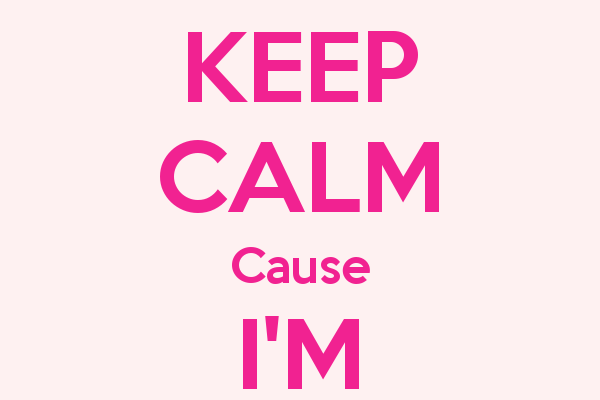
|
| The Male Animal (1942) |
Midwestern University is in an uproar. It’s the weekend of the Big Game; students and alumni are preparing for a bonfire rally. At the same time, political tensions are high among the university faculty, as three of their own have been recently fired for their alleged Communist sympathies. In the meantime, English Professor Tommy Turner (Henry Fonda) and his wife, Ellen (Olivia de Havilland) are celebrating: it’s her birthday, and he’s on the verge of a full professorship at his alma mater. Enter Ellen’s old flame, football legend “Whirling Joe” Ferguson, and allow hilarity to ensue.
But to call The Male Animal a witty classic romcom (though it is!), would be to ignore its smartness and subtlety. And to call it a timeless look at the free speech debate in the United States would be to ignore the balance between politics and playfulness, so delicately struck by the movie’s director, producers, writers, and cast.
Originally, I wanted to write about this film because it’s one of my favorite fall movies, but something more important came up.
In an editorial in the school paper, one of Tommy’s favorite students announces that Professor Turner intends to read to his English Composition class a series of letters, including one authored by convicted anarchist Bartolomeo Vanzetti. “The hounds of bigotry and reaction,” in the form of the university’s trustees, come down hard. They fear the violent anarchist propaganda which Vanzetti lived by. Professor Turner must decide whether to stand by his principles as a teacher and lose his job, or to put the letter away, as ordered.This is Banned Book Week (September 30 through October 6), an annual event celebrating the freedom to read. Even with her famed First Amendment, America is no stranger to censorship. You might even remember a time in your life when someone took a book out of your hands because it was too sexy, too profane, or too political. Check the list of books most commonly challenged in the U.S. today, and I think you’ll find a few familiar titles (e.g., The Hunger Games trilogy, To Kill a Mockingbird). It’s important to remember that this issue is hardly a new one.
The Male Animal was released in 1942, less than a year after America entered WWII. Our nation was sensitive to any accusation of Communism, especially in its halls of learning. But we were also newly sensitive to the real threat of Fascist governments, those intolerant, goose-stepping book-burners, due to the war. Perhaps that’s why this film was so important. It turned the spotlight of mistrust back on the accusers, if only for a moment (unfortunately, the infamous Hollywood blacklists would begin in less than 5 years), and reminded everyone that Freedom of Speech is integral to our democracy, even at the smallest level.
Tommy says to his class, “Last Friday I happened to mention that I wanted to read to you three letters, written by men whose profession was not literature, but who had something sincere to say. Once I declared that harmless intention, the world began to shake, great institutions trembled, and football players descended upon me and my wife. I realized then that I was doing something important.”
I encourage you this week to visit the Banned Book Week website and choose a text, something someone out there doesn’t want you to read, and read it. Or give a banned book as a gift to someone you love. Pass along Judy Blume’s Blubber or J.D. Salinger’s The Catcher in the Rye to a young person. Fan that flame. Do something important.
By



